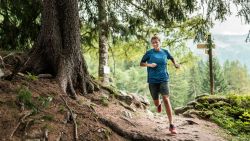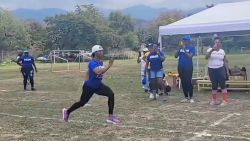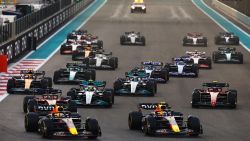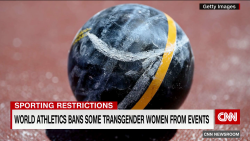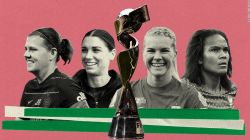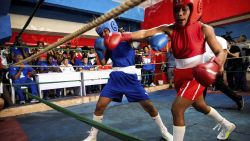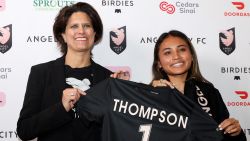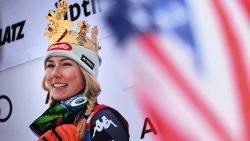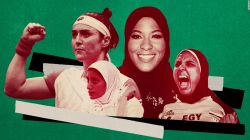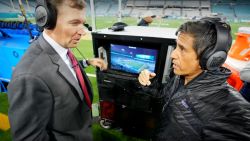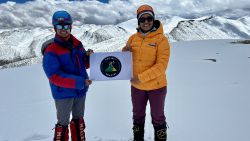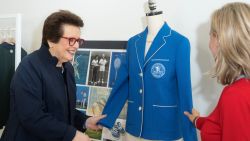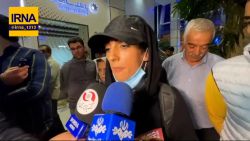Nadia Nadim is not your average footballer.
While she is best known for being a prolific goalscorer during a career that has taken her to the likes of the Portland Thorns, Manchester City and, currently, Paris Saint-Germain, much of Nadim’s time is spent carrying out charity work, ambassadorial work for the United Nations and learning languages – she currently speaks nine fluently.
She has also, incredibly, managed to find the time to train to become a reconstructive surgeon and will complete her qualification once she retires from football.
Nadim’s latest off-field project has seen her team up with PSG and KLABU, a charity that helps build sports clubs in refugee camps around the world. It is hoped this new partnership will initially reach 10,000 refugee children through sport.
It’s a cause that is particularly close to Nadim’s heart. Born in Afghanistan, she was just 11 years old when the Taliban murdered her father and, along with her mother and four sisters, was forced to flee through neighboring Pakistan with a forged passport, before eventually arriving in Denmark, the country she now calls home.
“The only thing I was thinking of was staying alive, you know, surviving until the next day,” she tells CNN Sport. “I was just looking: ‘Okay, what’s going to happen? What’s happening right now? How can I survive until the next morning?’
“And I think that’s the case for a lot of the people who are in these camps. You know, it is in the moment and then you’re trying to make the best out of it and then try to stay alive and hope for the best for tomorrow.”
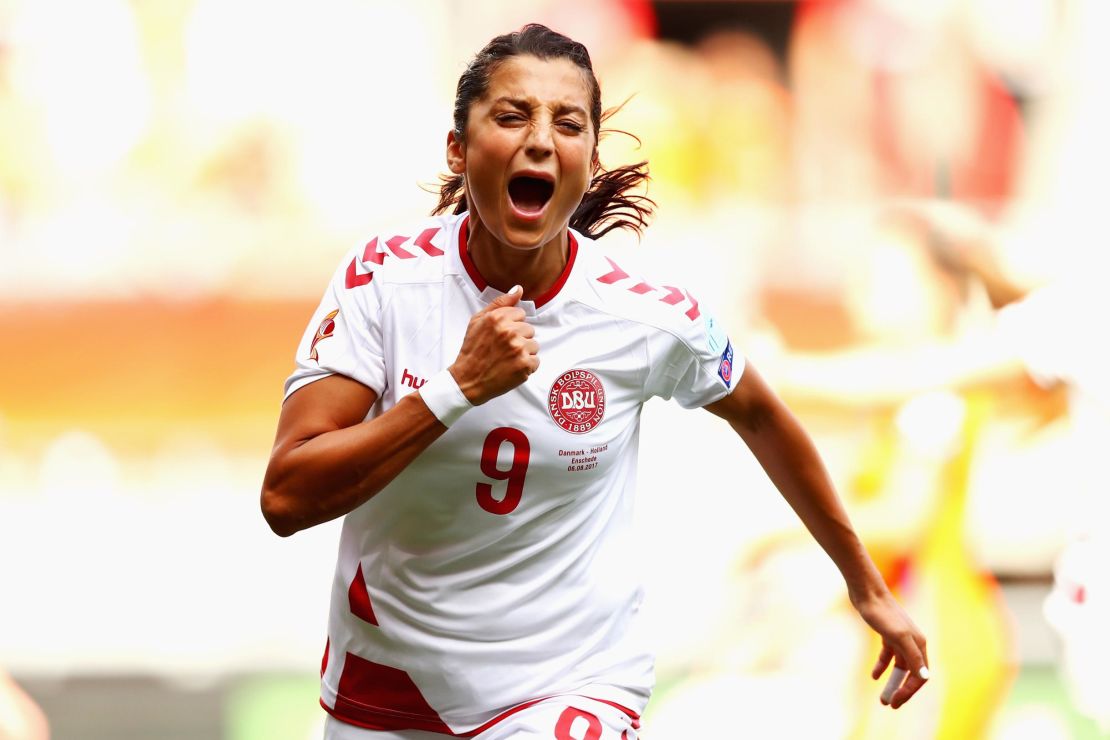
When Nadim arrived with her family in Denmark, they began living in a refugee camp, and it was here that she discovered her love for football.
In some fields close to where she was staying, Nadim recalls seeing other kids “playing around with this round ball.”
“I was like: ‘It looks really cool, I want to do the same,’” she says. “Since then, I’ve never left the football and look where it has brought me, to Paris Saint-Germain.”
It’s fair to say Nadim’s first exposure to playing football wasn’t quite like the version she plays today.
“At the beginning, it was a bit more informal,” she laughs. “It was just, like, everyone kicking around, everyone following each other, it was everyone against everyone.
“But, slowly, I discovered how football is supposed to be played because there was a football club close to the refugee camp, and I could see that actually there are formations and you’re supposed to do this when the ball is out and then, slowly, I wanted to play the way the football was played there.”
‘I could be a child again’
Nadim describes human beings as “curious” and believes they are likely to want to try something new if they see it, kids especially. For her, this is why giving children growing up in refugee camps the opportunity to be exposed to sport is so important.
“Imagine out of, I don’t know, the million refugees that are in Cox’s Bazar [the world’s largest refugee camp] – imagine if there are two, three, four football players who might happen because of these projects that are being started,” she says.
Nadim says people are always surprised when she describes her stay in the refugee camp as “one of the funniest times I had in my life.”
Coming from war-torn Afghanistan, Nadim missed out on having a real childhood but says that changed once she reached Denmark.
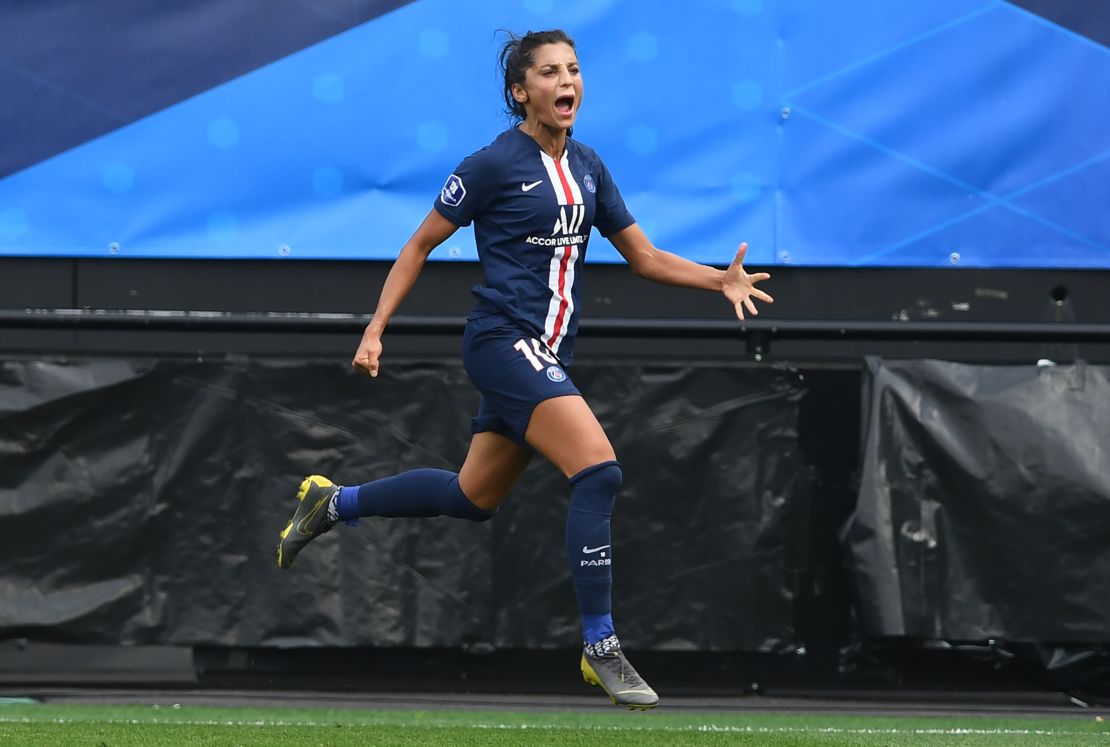
“Suddenly I came to a refugee camp where there was access to sports, access to read and I felt like I could be a child again,” she recalls.
“So I have really, really fond memories of the refugee camp. I know it sounds weird, when I tell some people, they’re like: ‘Oh, what?’ But that’s how I felt then, you know, and that’s why I feel KLABU and PSG are trying to do the same.
“It is a hard time, it’s not the best situation for a kid to be in, but we’re trying to make it something positive.”
Nadim believes the perception of refugees is far removed from the reality. While news segments attempt to show what conditions are like for those people displaced from their homes, those watching will not be able to understand the severity of the situation.
“They have it way worse than you could ever imagine,” Nadim says.
There are now 80 million refugees worldwide, KLABU says, the highest number since the end of the Second World War – and almost half of them are children.
Most of them, like Nadim, have been “deprived of an education and all other aspects that constitute a normal childhood,” KLABU writes.
The partnership’s first project will be based in Cox’s Bazar, Bangladesh, where KLABU and PSG will build a “Club Center” that will be used as a sport library, provide access to kits and equipment, as well as offering training sessions and tournaments for the children to participate in.
Nadim hopes the project can help refugee parents, too. In the years since her family left the camp in Denmark, she learned how hard that period of time was for her mother and how much their uncertain future was “physically hard, but mentally … way, way harder.”
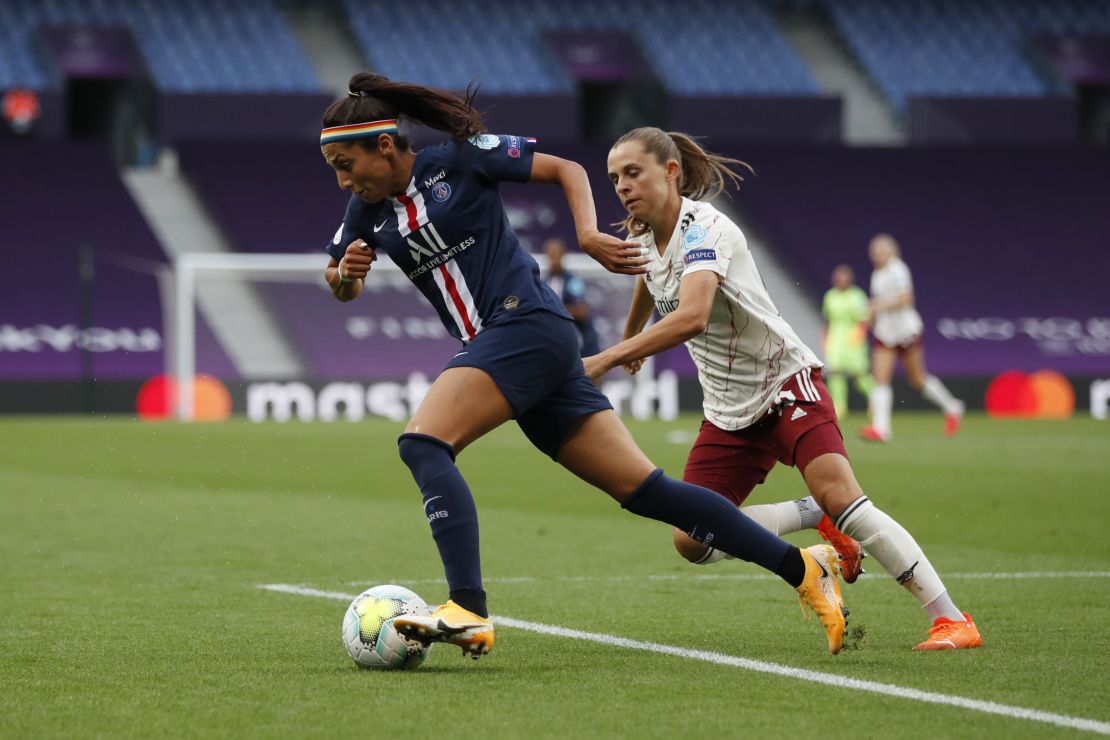
Once her career is over, Nadim would rather be remembered for her humanitarian work than her achievements on the pitch, and being involved in this project – helping those who struggle like she did – is something she is immensely proud of.
“As a human being, it’s really hard sometimes to understand things that you’ve really, truly not experienced on your own body,” Nadim says.
“That’s why it is easier to relate to people that you have something in common with, just because, yes, we do hear about the news, we do see some images of what’s happening in these refugee camps or the people who are being displaced from their homes because of climate changes or whatever, you name it, but do we really understand them? I think not, really.
“If you’ve ever been to a refugee camp, you know how harsh of an environment it is and how tough it can be. I know this, I felt it with my own body, but also I’ve seen it now. If you travel to Kenya, Bangladesh, Cox’s Bazar, which is one of the world’s biggest refugee camps, it is not a joke.
“They are really living in insane circumstances and bringing sports into these places, bringing, I say hope because it might be your escape from reality for an hour or two or maybe your chance to create a future for yourself is an amazing thing.”
History in the making
It seems trivial in comparison, but Friday sees the culmination of a nail-biting season in France and the opportunity for Nadim and PSG to make history.
With a one point lead over perennial champion Lyon going into the final day of the league campaign, PSG knows a victory over Dijon will give the club its first ever league title.
It would be a remarkable achievement to end Lyon’s 14-year domination of the domestic crown – and end the heartache of eight runners-up finishes in the last nine seasons.
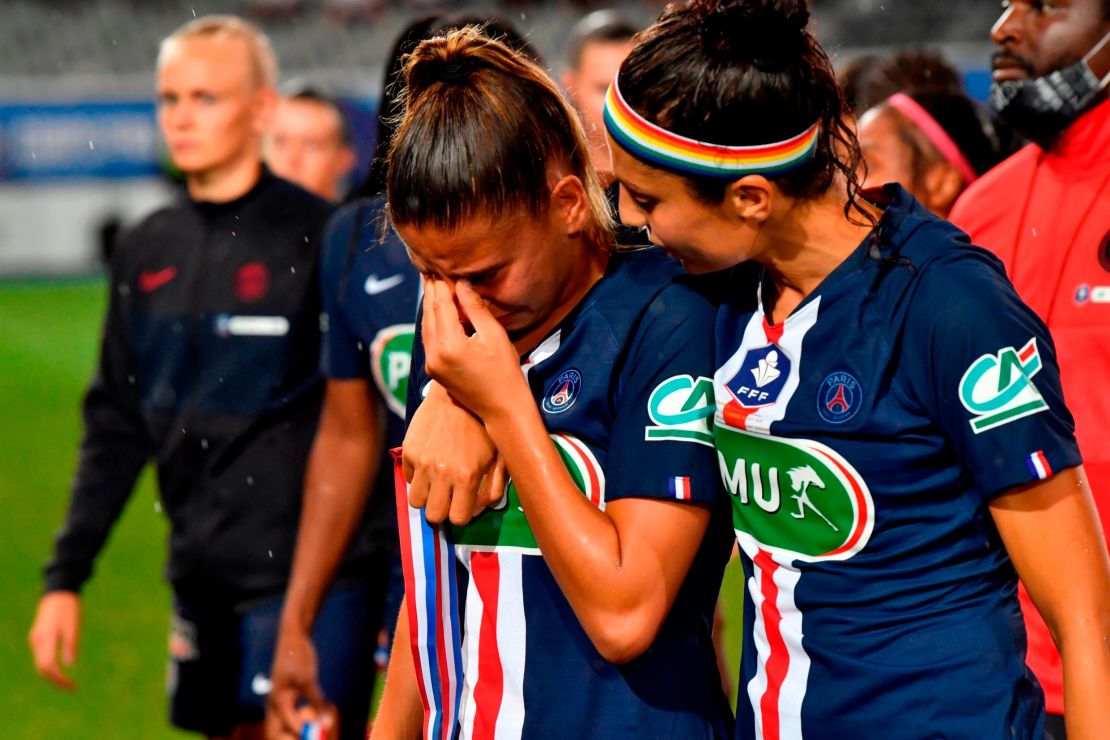
“I’m a person who always has dreams, you know, before I even signed with PSG and we were talking about me moving to PSG, one of my dreams was to win the league with them,” Nadim says.
“That would be an amazing, amazing day and a great achievement for the team, for the club because you’ve been chasing something for such a long time and you’re finally so close again.
“You’ve taken all the steps, it’s just the last step that you have to take. It will mean a lot, really. You know, it’s one of my biggest dreams right now. It will mean my dream came true.
“I think Lyon have massive respect for what they’ve done for the women’s game. I think they are an amazing club and being on top for a really long time, but I think it’s also a change of era right now. We have a lot of young players on the French national team, and I think PSG has grown this team to be someone who’s going to hopefully beat Lyon off their throne.
“And if that’s what we want, that’s our ambitions, I feel it’s now it has to happen.”


